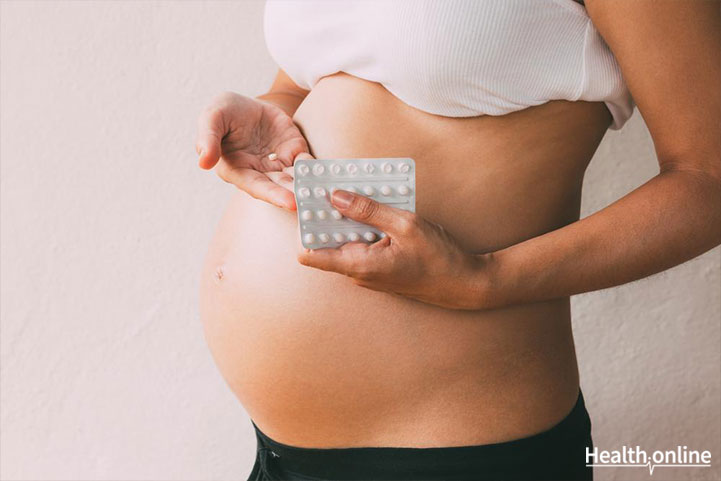
Prenatal Vitamins
Prenatal vitamins contain a variety of vitamins and minerals and may be similar to multivitamins. Most pregnant women take prenatal vitamins, as it helps them maintain the vitamin level in their body. Prenatal vitamins must be prescribed by a health care specialist, as there are different formulations are available.
Are Prenatal Vitamins Necessary?
Prenatal vitamins are necessary as you don’t get enough nutrients from the regular food you eat. During pregnancy, even if you include a wide variety of healthy food like dairy products, fruits, vegetables, grains, and meat, it still wouldn’t be enough for you and your baby.
Therefore, prenatal vitamins and minerals help expectant mothers, as it helps to prevent pregnancy complications, dietary problems, and other health issues.
Recommended Read: Changes to Make to Your Food Habits During Pregnancy
Different Kinds of Prenatal Vitamins
Folic Acid
Folic acid can boost a woman’s fertility. When you start consuming folic acid , it will help your body with childbearing. Once you have conceived, it will even help you with the development of your baby. Folic acid can also fight against congenital disabilities and neural tube defects as it supports the brain development of a fetus, and even helps to improve cognitive functions.
Calcium
During pregnancy, calcium plays a significant role in fetal development and maintenance of your muscles and bones. You might be prescribed with prenatal vitamins that contain the right amount of calcium for your baby as well. During pregnancy, calcium helps the body function well, and maintain a healthy heartbeat for your baby.
Iron
When you are pregnant you must take sufficient amount of iron supplements, as it will help you fight against anaemia, maintain a healthy immune system and support foetal development.
DHA-Omega 3
DHA is known as Docosahexaenoic acid, which is a type of omega-3 fatty acid , which is the most abundant fatty acid found in your brain. When you eat proper amounts of DHA during pregnancy, it may help you with postpartum depression and preterm labor.
DHA plays a significant role during the third trimester, since brain development starts to begin in the fetus.It also helps to maintain a healthy nervous system for both your baby and you. After the baby is born, you should continue taking vitamins that include DHA as it also helps during breastfeeding.
Vitamins and Minerals
Some of the most common vitamins and minerals that you would be advised to take are potassium, magnesium, zinc, manganese, Vitamin A, B6, B3, C and D. Vitamins and minerals help with many functions, and also supports your metabolism during your pregnancy. Natural prenatal vitamins are a great option that provides all the essential vitamins and minerals like Folic acid, iron, calcium, magnesium, vitamin E, vitamin B and vitamin D3. Prenatal vitamins are a great solution to help you get the right amounts of nutrients when you are expecting . It’s the best choice for your baby and you.
Recommended Read: Importance of Omega-3 During Pregnancy
Eating a healthy diet is always a wise idea especially during pregnancy. It’s also recommended, to take prenatal vitamins to help you cover any nutritional gaps in your diet. However, make sure that any supplements you take are prescribed by your doctor, who will advise you about the best options during pregnancy.
Keep yourself updated with the latest on Family Planning & Pregnancy . Like us on Facebook and follow us on Twitter for more on Health , Parenting and Diet & Nutrition . Also, check out our Health Tools and try out our health-related Quizzes .




